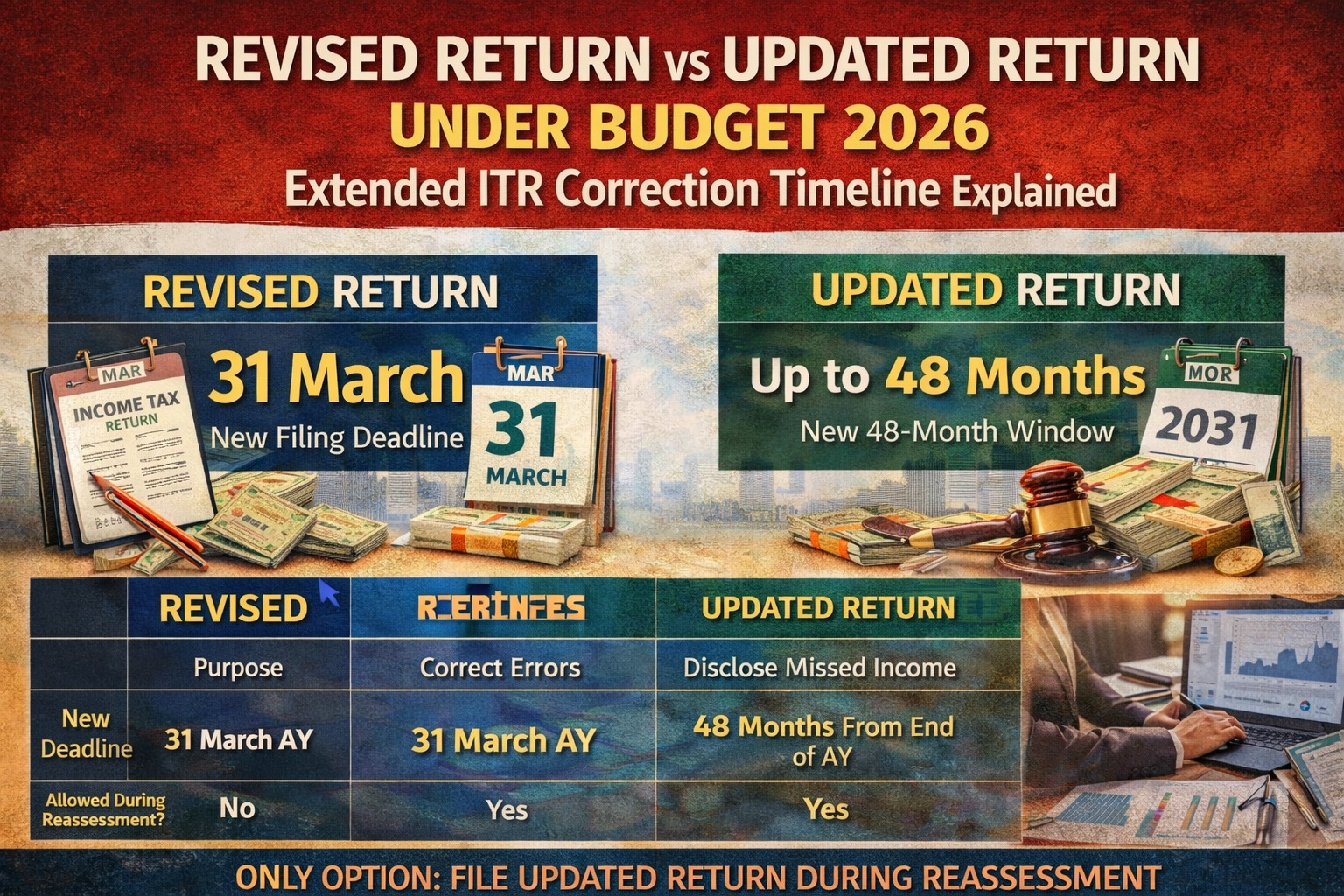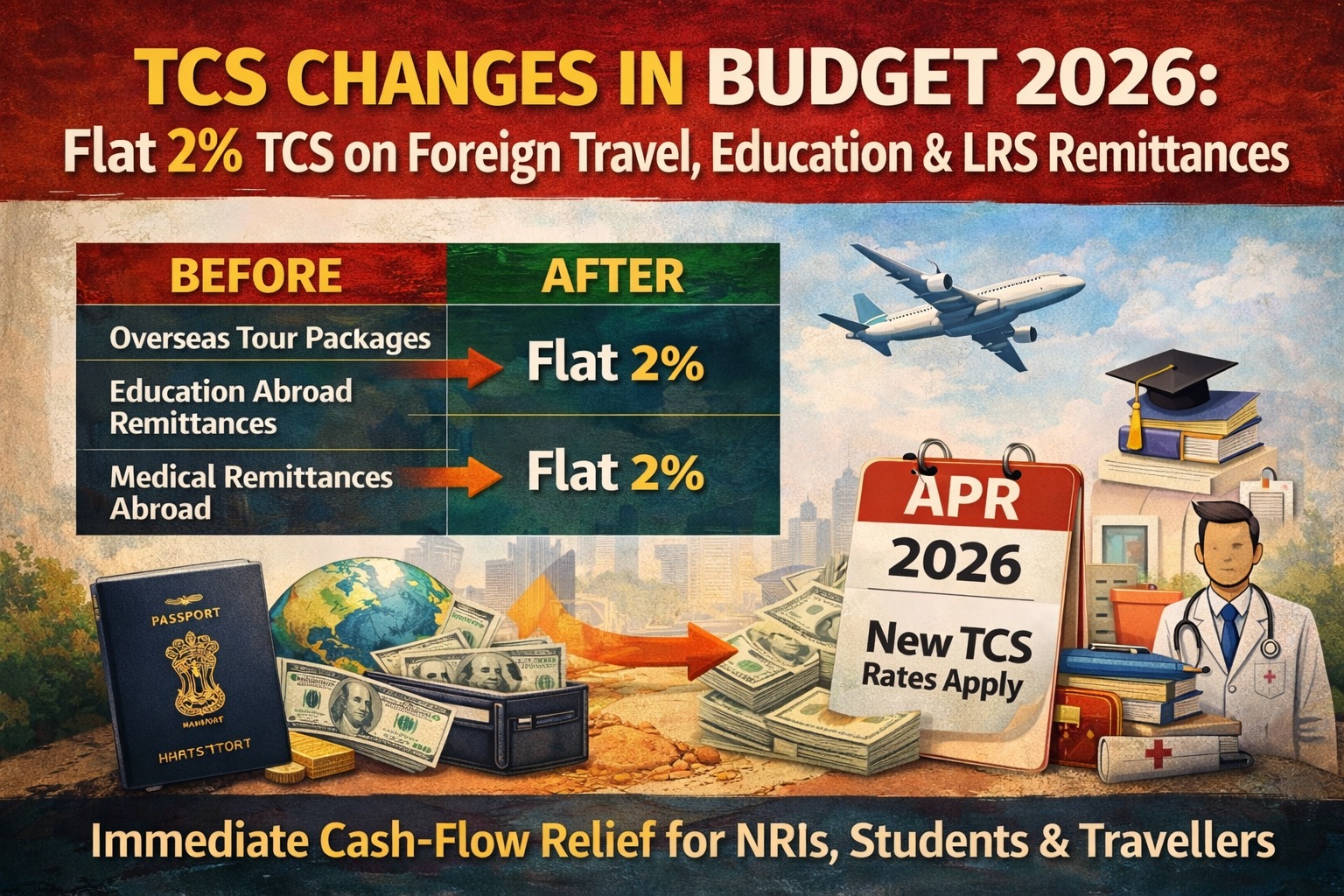 WhatsApp
WhatsApp
 Call Us
Call Us
 Email Us
Email Us
 Whatsapp Community
Whatsapp Community

As we approach September 1, 2024, taxpayers should be prepared for a significant increase in income tax (I-T) notices. This surge is due to the implementation of a new reassessment law, which has led to concerns that many taxpayers might slip through the tax net. Here's what you need to know if you receive a notice from the Income Tax Department this month.
The new law, introduced in the latest budget, reduces the maximum period for reassessment to five years if the escaped income is at least ₹50 lakh. Previously, tax officials could go back up to ten years. For amounts less than ₹50 lakh, the reassessment period remains three years. This means that tax officials have until August 31, 2024, to issue reassessment notices for financial years 2013-14 to 2017-18, as these will become time-barred starting September 1, 2024.
The issuance of these notices is likely to raise interpretation issues. For instance, the Bombay High Court recently ruled in the case of Hexaware Technologies that assessment years 2017-18 and earlier became time-barred on March 31, 2024. This interpretation might lead to legal disputes as taxpayers and tax officials navigate the already complex reassessment provisions.
The current situation is reminiscent of the changes in reassessment law in April 2021. At that time, the period for reassessment was extended to ten years for income escaping tax above ₹50 lakh. This change led to over 10,000 writ petitions, with taxpayers arguing they were not given adequate time to respond to the notices. The Supreme Court eventually upheld these reassessment notices but allowed for judicial proceedings based on the merits of each case.
If you receive a reassessment notice from the Income Tax Department, it is crucial to understand your rights and obligations. The law provides you the opportunity to explain your position before reassessment orders are finalized. Given the potential for interpretation issues and the tight deadlines, consulting with a tax professional is advisable to ensure compliance and address any disputes effectively.
The forthcoming month will be critical for taxpayers as the Income Tax Department issues a flurry of reassessment notices. Understanding the changes in the reassessment law and preparing to respond to any notices promptly can help mitigate potential issues. Stay informed and seek professional advice to navigate this challenging period successfully.







Stay in the loop, subscribe to our newsletter and unlock a world of exclusive updates, insights, and offers delivered straight to your inbox.